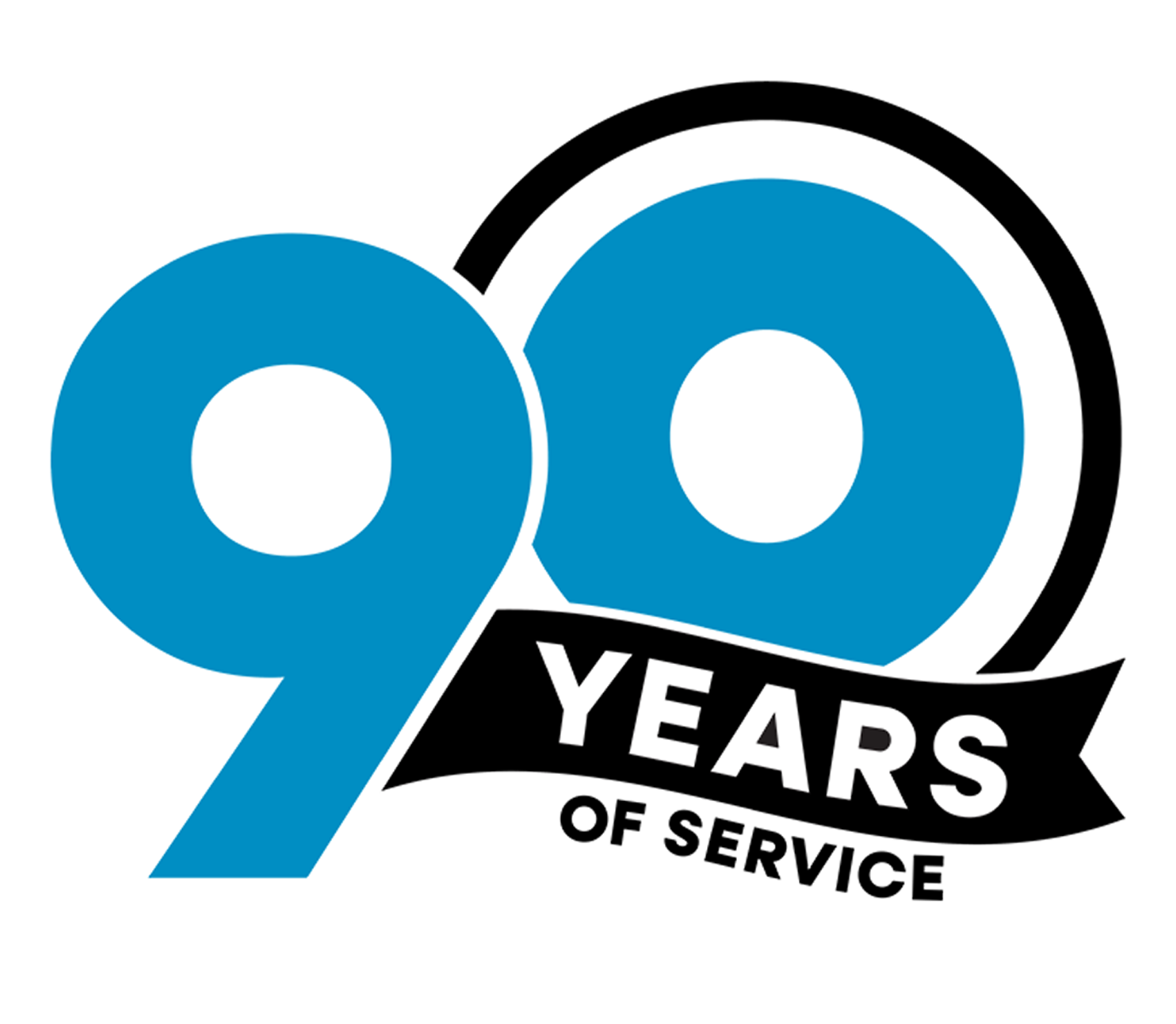Whether it’s early retirement, the freedom to explore your passions, or just peace of mind about everyday expenses, financial independence is pretty appealing. But for most of us, it doesn’t happen by accident. Unless you get very lucky, reaching that level of freedom takes time, intention, and, sometimes, unlearning a few habits that may be holding you back. Here are 10 common roadblocks to financial independence that can slow your progress.
Roadblock #1: Lifestyle Creep
“Lifestyle creep” is a clever term for the gradual increase in spending that often follows a salary boost. It’s sneaky (hence the word creep), and you may not even notice it at first. But soon, that raise seems to vanish into new clothes, a nicer car, or more frequent takeout (especially if a busier schedule comes with the job).
To avoid lifestyle creep, try to live below your means and automate your savings. When temptation creeps in, remind yourself: if you spend everything you earn, you’ll never build wealth.
Roadblock #2: Not Paying Yourself First
When money’s tight, it makes sense to prioritize bills and everyday expenses. But if you don’t plan for savings up front, chances are there won’t be anything left after everything else is paid. That’s where paying yourself first comes in. Treat your savings goals like any other monthly bill and set aside money before you spend on anything else.
As you save, resist the urge to splurge or give in to impulse buys. This habit isn’t about restricting fun; it’s about building stability and giving your money more time to grow through compound interest.
Roadblock # 3: Not Knowing Where Your Money Goes
If you’re not keeping an eye on your spending, it’s easy to lose money on mindless purchases. To get a better handle on your finances, try breaking your expenses into three categories:
- Fixed (expenses that cost the same every month, like your rent/mortgage or a car payment)
- Variable (necessary expenses for which the cost changes, like groceries or gas)
- Discretionary (things you want but could skip, like takeout or entertainment)
Tracking your income and spending this way can help you spot areas to cut back and make sure you’re living within your means.
Roadblock # 4: High-Interest Debt
Credit card debt can disrupt even the best-laid money goals. High interest rates (APRs) mean you’re paying more over time, often just to cover interest, not the actual balance. That can stretch out your repayment and make it harder to get ahead.
Plus, if you’re only covering the minimum each month, you may be stuck in a cycle where most of your payment goes to interest and fees instead of your balance. And all that money that’s going to interest? That’s money you could be saving or putting toward your goals.
Roadblock #5: Thinking “Budget” Is a Dirty Word
Budgets aren’t about restriction, they’re about awareness. A good budget helps you take control of your money, so you can spend with confidence on what matters most. So, with the right boundaries and priorities, a budget can actually give you more freedom, not less.
Sure, you might have to say no to yourself sometimes, but that doesn’t mean you can’t have fun. The goal isn’t to eliminate joy, but to make your income work smarter and help you stay on top of where your money’s going (remember Roadblock #3?). When you’re thoughtful about spending, managing your money gets a whole lot easier.
Roadblock #6: No Emergency Fund
If you’re not prepared, one unexpected expense can push you into debt. Maybe it starts with a sudden car repair or medical bill. Or maybe it’s a job loss or a rent hike. Without a safety net, you may have to rely on credit cards or loans, adding more stress to an already tough situation. That’s where an emergency fund comes in. It’s the cushion that helps you keep moving forward, even when life throws a wrench in your plans.
Financial experts recommend saving three to six months’ worth of essential expenses (things like rent or mortgage, utilities, groceries, insurance, and minimum debt payments). But if that feels out of reach, start small. A goal of $500 to $1,000 is a great first step, and you can build from there.
Roadblock #7: Fear of Investing
In the midst of a rocky economy, keeping your money in a savings account can feel like the safest move. And, for short-term goals or emergencies, it often is. But when you’re saving for something long-term, like a future home or retirement, it’s wise to factor in inflation. Over time, the cost of living goes up, which means the money you’ve saved may slowly lose value if it’s just sitting in a low-interest account.
Smart investing can help bridge that gap. While it does involve some risk, investing is one of the most effective ways to grow your money over time. You don’t have to be an expert or take big chances. Just learn the basics and explore options that match your timeline and comfort level. It’s not about chasing fast returns. It’s about putting your money to work in a way that helps you reach your future goals while keeping pace with rising costs.
And, if you’re curious but clueless about investing, talk to someone about how to find strategies that fit your needs.
Roadblock #8: Trying to Keep Up with Everyone Else
The phrase “keeping up with the Joneses” first appeared in a comic strip in 1913, but our all-too-human tendency to compare ourselves to others and strive to match their lifestyles is still an issue today. If anything, the rise of social media has only exacerbated the issue.
But, of course, keeping up with the Joneses is an expensive habit. And, giving in to the social pressure to match your peers’ vacations, cars, and clothes typically leads to overspending. So, use social media mindfully and remind yourself that your goals are more important than anyone else’s highlight reel. Identify what truly matters to you and align your spending and lifestyle choices with your values.
Roadblock # 9: Delaying Savings for “Someday”
When you’re young (and/or your budget’s tight), it’s easy to believe that saving will be easier in the future. It’s also easy to believe you’ll be able to handle whatever financial curveballs life throws your way. But the truth is, emergencies can happen at any age, and the future doesn’t always wait until you’re “ready.”
Let’s be real. Waiting for the perfect time to start saving or investing often means not starting at all. And the longer you wait, the more you miss out on the power of compound growth. The earlier you start, even with small amounts, the more time your money has to grow.
Roadblock #10: Not Having a Plan
If you take anything from this, let it be this: having a plan is one of the most powerful steps you can take toward financial independence. It doesn’t have to be a big plan—just a starting point that reflects your goals and values.
For most of us, financial independence won’t happen by chance. The Publisher’s Clearing House Sweepstakes won’t show up at the door with balloons and a million-dollar check (and yes, that was once a real thing). A long-lost rich relative probably isn’t leaving behind a surprise inheritance.
Realistically, we can’t count on fairytale endings, and the next best thing is a solid plan. Set clear goals. Track your spending. Prioritize saving. Each small step edges you past those pesky roadblocks to financial independence and gets you a little bit closer to your goals.
Want more financial wellness tips?
- Get some tips on how to stop overspending.
- Learn how money stress can impact your physical and mental well-being.
- Learn how to protect your finances through mindfulness.
- Check out our post on the psychological impact of debt.

